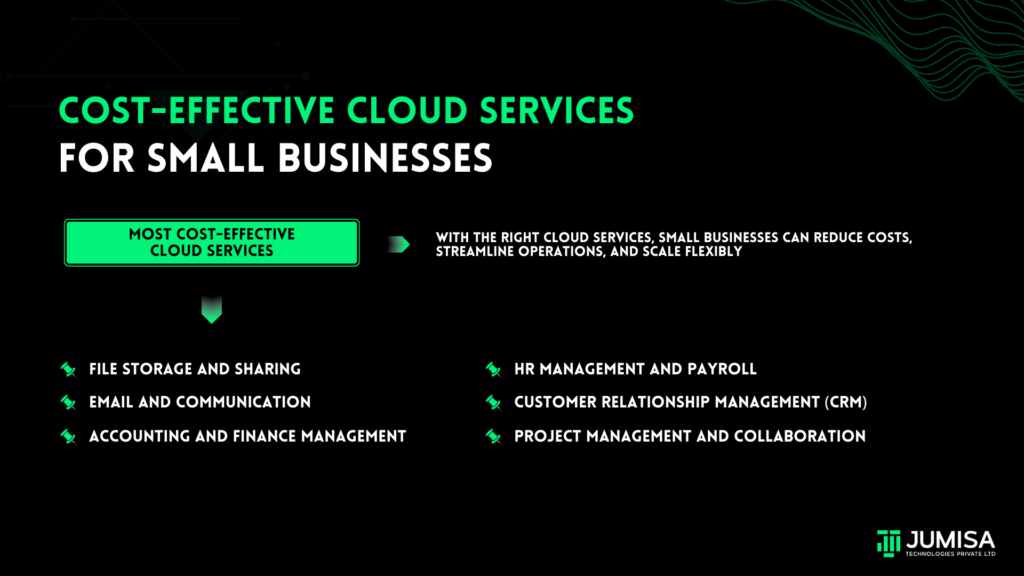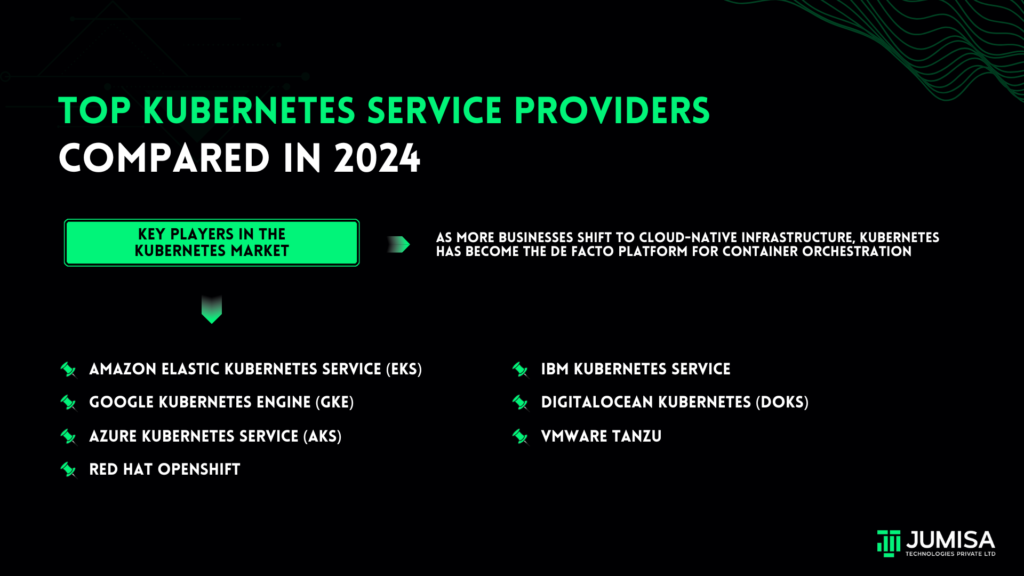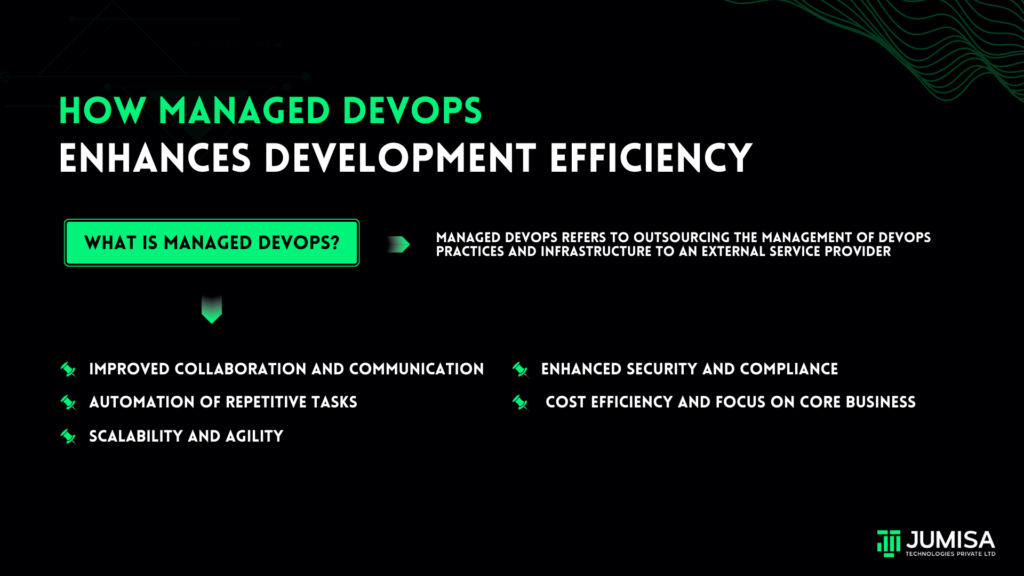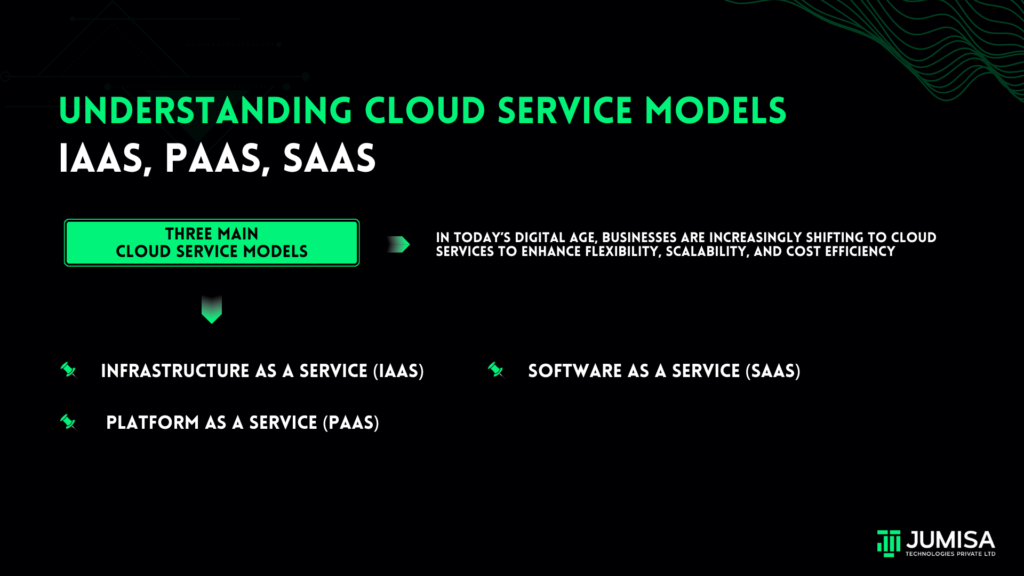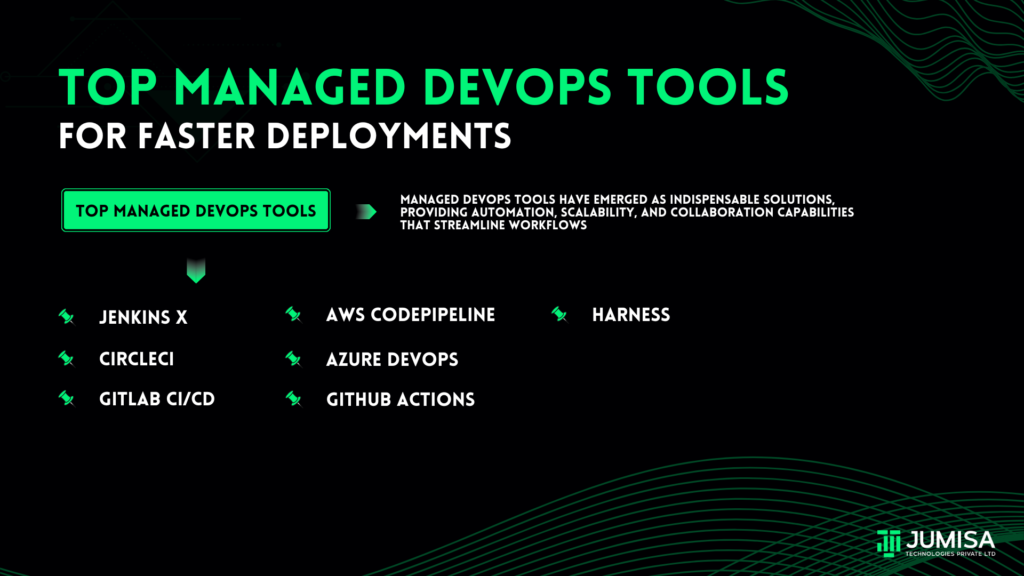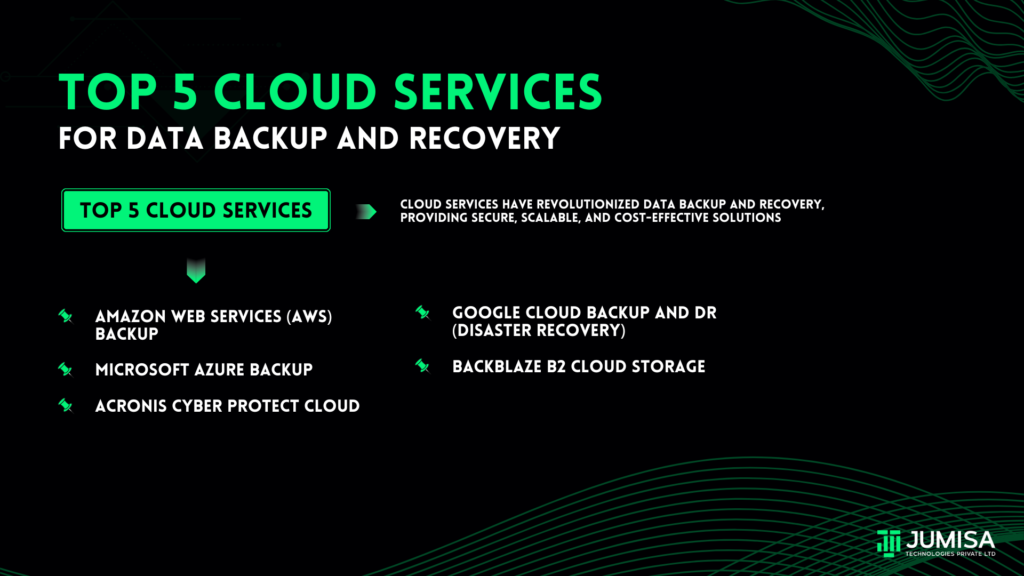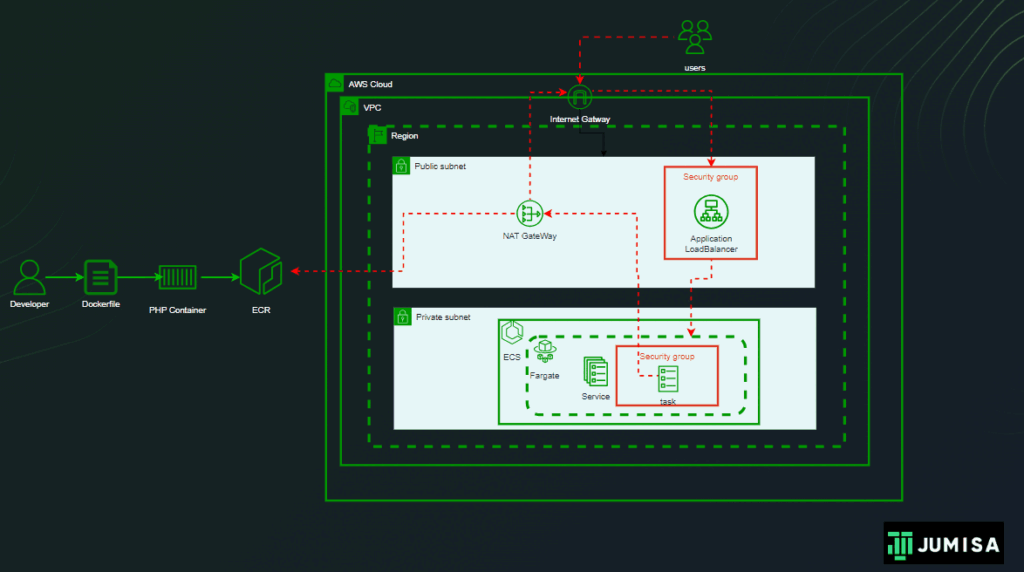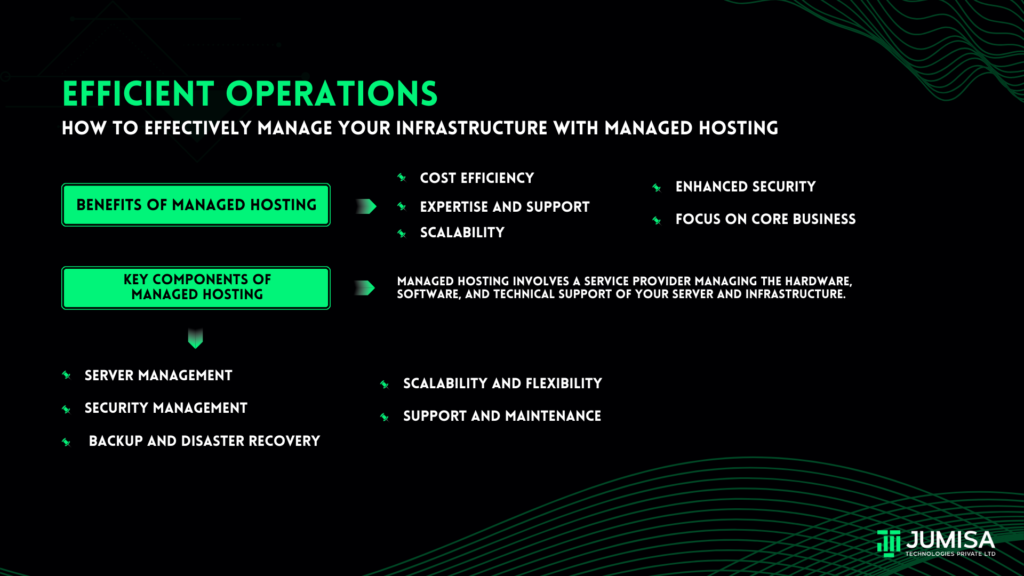
In today’s digital world, businesses need robust, scalable, and efficient IT infrastructure to stay competitive. Managed hosting offers an effective solution, allowing organizations to focus on core business activities while the hosting provider handles the complexities of infrastructure management.
This blog will explore how to effectively manage your infrastructure with managed hosting, ensuring your operations run smoothly and efficiently.
Understanding Managed Hosting
Managed hosting involves a service provider managing the hardware, software, and technical support of your server and infrastructure. Unlike traditional hosting, where businesses need to manage their servers, managed hosting includes comprehensive management services. These services can range from server maintenance, security management, backups, updates, and monitoring.
Benefits of Managed Hosting
- Cost Efficiency: Managed hosting eliminates the need for in-house IT infrastructure and personnel, reducing operational costs.
- Expertise and Support: Hosting providers offer expert support and dedicated teams to manage your infrastructure, ensuring optimal performance and quick resolution of issues.
- Scalability: Managed hosting services are scalable, allowing you to adjust resources based on your needs without significant investments.
- Enhanced Security: Providers offer robust security measures, including firewalls, intrusion detection systems, and regular security updates to protect your data.
- Focus on Core Business: With the hosting provider handling infrastructure management, businesses can focus on strategic initiatives and core competencies.
Key Components of Managed Hosting
To effectively manage your infrastructure with managed hosting, it’s essential to understand its key components and how they contribute to seamless operations.
1. Server Management
Managed hosting providers handle the setup, configuration, and maintenance of your servers. This includes:
Hardware Maintenance: Regular checks and maintenance of server hardware to ensure optimal performance and prevent downtime.
Software Updates: Automatic updates of operating systems and applications to the latest versions, ensuring security and functionality.
Performance Monitoring: Continuous monitoring of server performance to detect and resolve issues before they impact operations.
2. Security Management
Security is a critical aspect of managed hosting. Providers implement comprehensive security measures to protect your infrastructure:
Firewall and Intrusion Detection: Advanced firewalls and intrusion detection systems to monitor and block malicious activities.
Data Encryption: Encryption of data in transit and at rest to prevent unauthorized access.
Regular Security Audits: Routine security audits and vulnerability assessments to identify and mitigate potential threats.
3. Backup and Disaster Recovery
Managed hosting services include robust backup and disaster recovery plans to ensure data integrity and business continuity:
Automated Backups: Regular automated backups of your data to prevent data loss.
Disaster Recovery Plans: Comprehensive disaster recovery strategies to restore operations quickly in case of a system failure or cyber-attack.
4. Scalability and Flexibility
Managed hosting providers offer scalable solutions that can grow with your business:
Resource Scaling: Ability to scale resources such as CPU, RAM, and storage based on your business needs.
Flexible Plans: Various hosting plans and configurations to suit different business requirements and budgets.
5. Support and Maintenance
Dedicated support and maintenance services are crucial for efficient infrastructure management:
24/7 Support: Round-the-clock technical support to address issues and provide assistance whenever needed.
Proactive Maintenance: Regular maintenance activities, such as patch management and system optimization, to ensure smooth operations.
Choosing the Right Managed Hosting Provider
Selecting the right managed hosting provider is essential for effectively managing your infrastructure. Consider the following factors:
1. Reliability and Uptime
Look for providers with a proven track record of high reliability and uptime. Check their service level agreements (SLAs) for uptime guarantees.
2. Security Measures
Evaluate the security measures offered by the provider, including firewalls, encryption, and compliance with industry standards and regulations.
3. Scalability Options
Ensure the provider offers scalable solutions that can accommodate your business growth and changing needs.
4. Support and Expertise
Choose a provider with a dedicated support team and extensive expertise in managing IT infrastructure. Read reviews and testimonials to gauge their service quality.
5. Cost and Value
Compare the pricing plans and the value offered by different providers. Consider the overall cost-effectiveness and the quality of services provided.
Best Practices for Effective Infrastructure Management with Managed Hosting
To maximize the benefits of managed hosting, follow these best practices:
1. Regular Communication
Maintain regular communication with your hosting provider to stay informed about updates, issues, and performance metrics. This helps in proactive management and quick resolution of potential problems.
2. Monitor Performance
Utilize the monitoring tools provided by your hosting provider to keep an eye on server performance, resource usage, and potential bottlenecks.
3. Review Security Policies
Regularly review and update your security policies in collaboration with your hosting provider to address emerging threats and vulnerabilities.
4. Plan for Scalability
Work with your provider to develop a scalability plan that can accommodate your business growth and changing needs.
5. Conduct Regular Audits
Perform regular audits of your infrastructure and hosting services to ensure compliance with industry standards and optimal performance.
Conclusion
Managed hosting offers a comprehensive solution for effectively managing your IT infrastructure, providing cost efficiency, expert support, enhanced security, and scalability. By understanding the key components of managed hosting and following best practices, you can ensure smooth and efficient operations, allowing your business to focus on strategic goals and growth. Choosing the right managed hosting provider and maintaining a collaborative relationship will further enhance the effectiveness of your infrastructure management.

